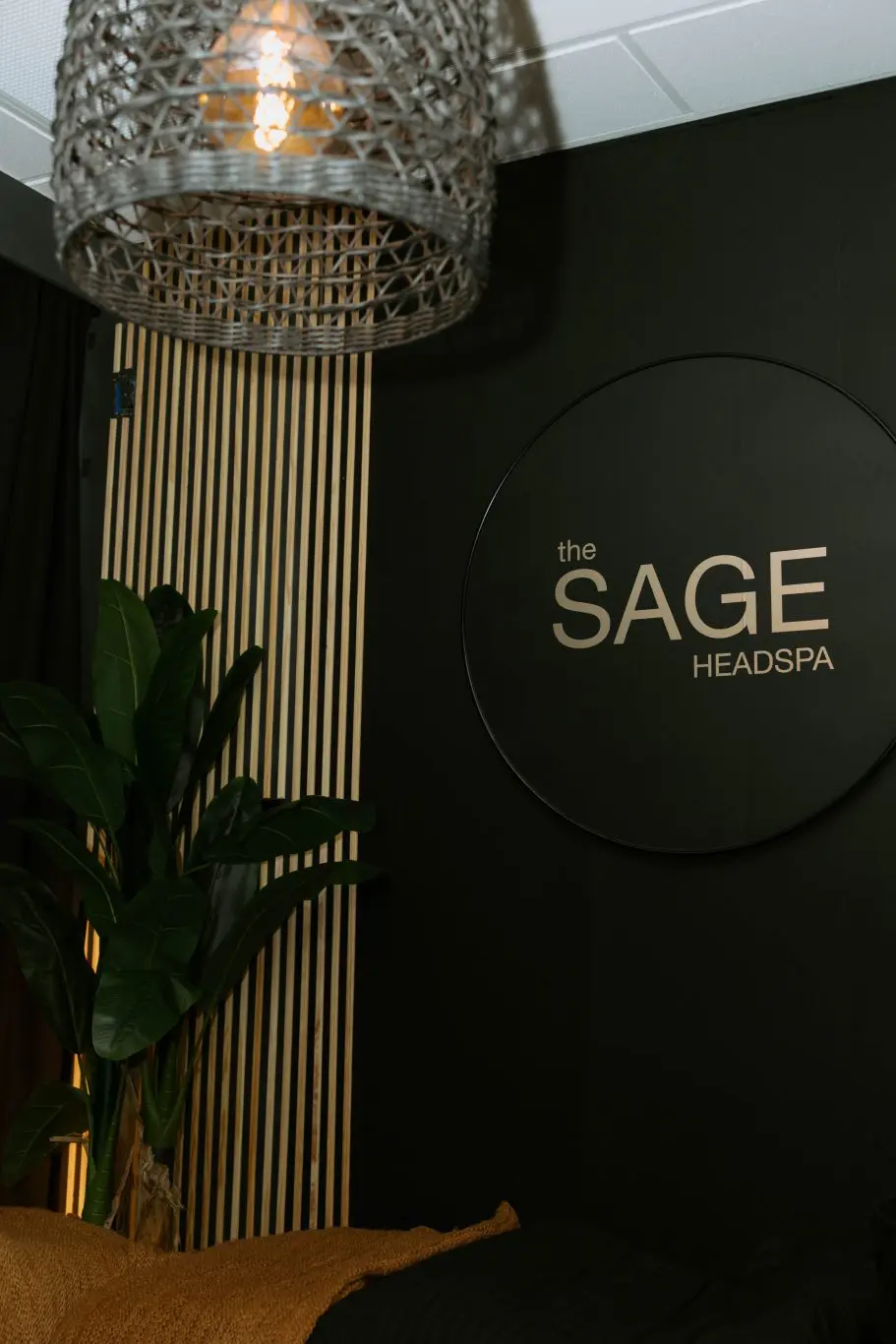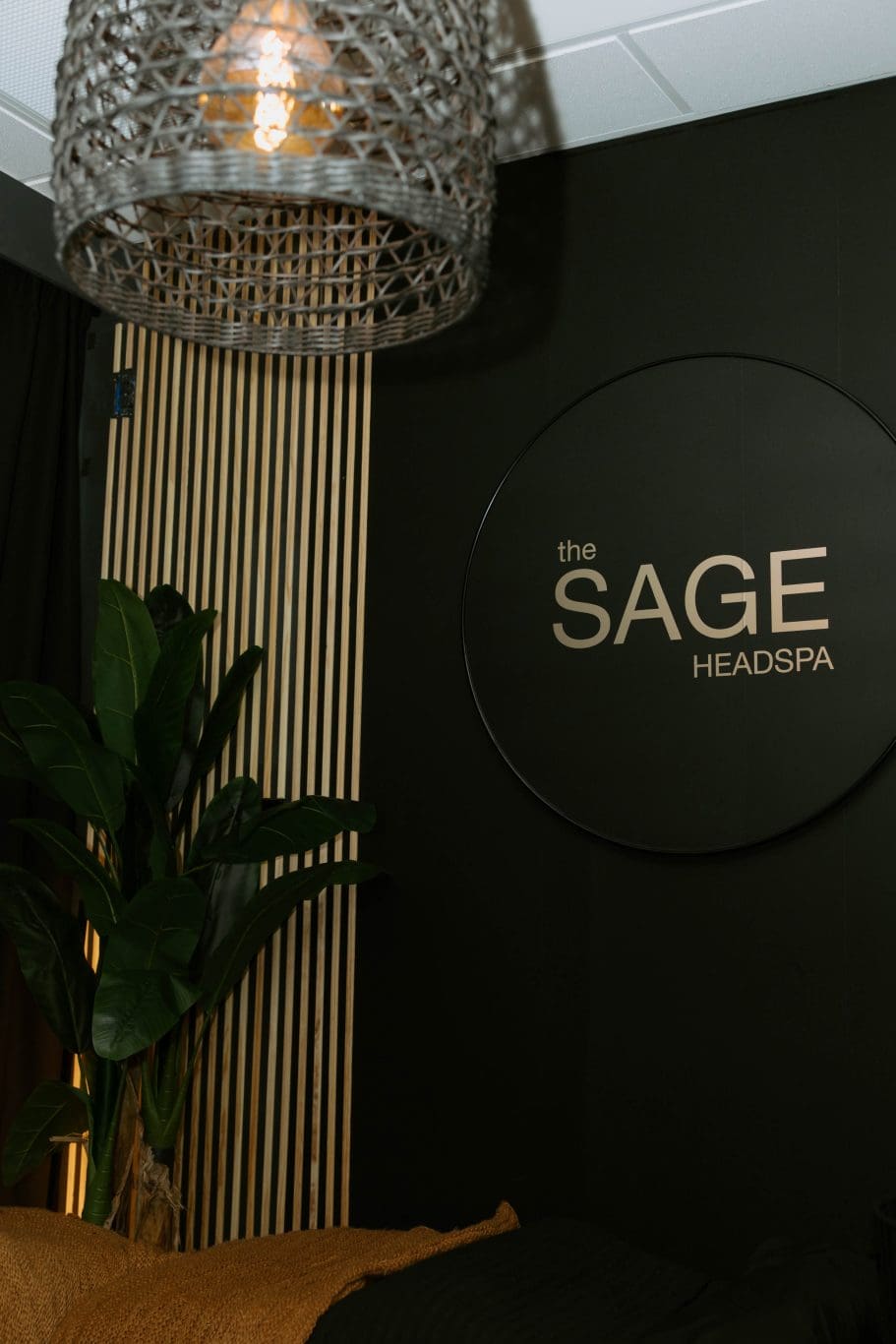A healthy scalp is the foundation of vibrant, beautiful hair. Yet, many people overlook the importance of maintaining scalp health in their hair care routines.
Scalp treatments are a vital component in achieving and sustaining healthy hair.
By focusing on the scalp, you can improve hair growth, reduce hair loss, and enhance overall hair quality.
This article explores five key benefits of scalp treatments and why incorporating them into your routine can lead to healthier, more radiant hair.
Promotes Hair Growth
One of the most significant benefits of scalp treatments is their ability to promote hair growth.
A healthy scalp provides an optimal environment for hair follicles to thrive.
Scalp treatments often include exfoliation and stimulation, which help to remove dead skin cells and unclog hair follicles.
This process encourages new hair growth and can prevent common issues such as thinning hair and alopecia.
Treatments that include massage can further enhance hair growth.
Scalp massage improves blood circulation, delivering essential nutrients and oxygen to hair follicles.
This increased blood flow stimulates hair follicles, encouraging them to produce new hair.
Regular scalp treatments can lead to a noticeable increase in hair density and overall health.
Reduces Dandruff and Flakiness
Dandruff and flakiness are common scalp issues that can affect hair health and appearance.
Scalp treatments can effectively address these problems.
Many treatments include ingredients that help to control oil production and reduce dryness, which are often the causes of dandruff.
For example, scalp treatments with tea tree oil or salicylic acid can help to break down flakes and reduce inflammation.
Tea tree oil has natural antifungal properties, making it effective against the fungi that can cause dandruff.
Salicylic acid helps to exfoliate the scalp, removing dead skin cells and reducing buildup.
Regular scalp treatments can help to maintain a balanced scalp environment, preventing the recurrence of dandruff and promoting a healthier, flake-free scalp.
Enhances Scalp Health
The health of your scalp directly impacts the health of your hair.
Scalp treatments are designed to address various scalp issues and maintain overall scalp health.
They can help to balance oil production, alleviate dryness, and soothe irritation.
Treatments that include moisturizing ingredients such as aloe vera or coconut oil can help to hydrate the scalp and prevent dryness.
This is especially important for individuals with sensitive or dry scalps.
Additionally, treatments with anti-inflammatory ingredients can help to calm irritation and redness, ensuring a healthier scalp environment.
Scalp treatments address common scalp concerns and contribute to the overall health of hair, leading to a more resilient and lustrous appearance.
Strengthens Hair Strands
Strong, healthy hair starts with a well-nourished scalp.
Scalp treatments can strengthen hair strands by providing them with essential nutrients and improving their overall condition.
Many treatments contain ingredients that fortify the hair shaft and prevent breakage.
For instance, treatments with proteins, such as keratin or collagen, can help to rebuild and strengthen hair strands.
These proteins fill in gaps and repair damage, resulting in more resilient hair.
Additionally, treatments with vitamins and minerals, such as biotin and zinc, support hair health by providing the nutrients needed for robust hair growth.
Regular scalp treatments can make hair less prone to damage and breakage, resulting in longer, healthier locks.
Improves Hair Texture and Appearance
Scalp treatments can also enhance the texture and appearance of your hair.
By addressing issues such as dryness, oiliness, and damage, treatments help to create smoother, shinier hair.
Treatments that include exfoliating agents can help to remove buildup and residue from hair products, leading to a cleaner and more vibrant appearance.
Additionally, moisturizing treatments can add shine and smoothness, improving the overall texture of your hair.
For individuals with color-treated or chemically processed hair, scalp treatments can help maintain hair health and prevent dullness.
Regular treatments can also preserve hair’s integrity, keeping it looking its best.
Choosing the Right Scalp Treatment

When selecting a scalp treatment, consider your specific scalp needs and hair type.
There are various types of scalp treatments available, each designed to address different concerns:
- Exfoliating Treatments: These treatments help to remove dead skin cells and buildup from hair products. Look for treatments with gentle exfoliants like salicylic acid or natural exfoliating agents.
- Moisturizing Treatments: If you have a dry scalp, choose treatments with hydrating ingredients such as aloe vera, coconut oil, or shea butter.
- Stimulating Treatments: For promoting hair growth, opt for treatments with ingredients like peppermint oil or caffeine, which stimulate blood flow to the scalp.
- Clarifying Treatments are ideal for removing product buildup and excess oil. Ingredients like charcoal or clay can help cleanse the scalp thoroughly.
Incorporating scalp treatments into your hair care routine can provide numerous benefits for both your scalp and hair.
From promoting hair growth to improving hair texture, regular treatments are essential for maintaining healthy, beautiful hair.
Conclusion
Incorporating scalp treatments into your hair care routine offers significant benefits that go beyond mere aesthetics.
These treatments are essential for achieving and maintaining vibrant, healthy hair by promoting hair growth, reducing dandruff, enhancing overall scalp health, strengthening hair strands, and improving texture and appearance.
Whether you’re dealing with specific scalp issues or simply aiming to enhance the quality of your hair, regular scalp treatments can make a noticeable difference.
If you’re ready to experience the transformative effects of professional scalp treatments, consider reaching out for personalized advice and treatment options.
For more information and to schedule your consultation, visit us at The Sage Head Spa today.
Invest in your scalp health and enjoy the benefits of a healthier, more beautiful mane!
FAQs
What are the benefits of scalp treatments for hair growth?
Scalp treatments promote hair growth by creating an optimal environment for hair follicles to thrive. They often include exfoliation and stimulation, which help remove dead skin cells and unclog hair follicles. Additionally, treatments like scalp massages improve blood circulation, delivering essential nutrients and oxygen to hair follicles, thus stimulating new hair growth. Regular treatments can lead to increased hair density and overall health.
How do scalp treatments reduce dandruff and flakiness?
Scalp treatments effectively address dandruff and flakiness by controlling oil production and reducing dryness. Ingredients like tea tree oil and salicylic acid are commonly used to break down flakes and reduce inflammation. Tea tree oil has natural antifungal properties that combat dandruff-causing fungi, while salicylic acid helps exfoliate the scalp and remove dead skin cells. Regular treatments help maintain a balanced scalp environment, preventing dandruff recurrence.
In what ways do scalp treatments enhance overall scalp health?
Scalp treatments enhance scalp health by balancing oil production, alleviating dryness, and soothing irritation. Treatments with moisturizing ingredients like aloe vera or coconut oil hydrate the scalp, preventing dryness. Anti-inflammatory ingredients calm irritation and redness. By addressing these common concerns, scalp treatments contribute to a healthier scalp environment, which in turn supports the overall health and appearance of your hair.
How do scalp treatments strengthen hair strands?
Scalp treatments strengthen hair strands by providing essential nutrients and improving their overall condition. Ingredients such as keratin or collagen rebuild and fortify the hair shaft, preventing breakage. Additionally, treatments with vitamins and minerals like biotin and zinc support hair health by providing the necessary nutrients for robust hair growth. Regular treatments help make hair less prone to damage and breakage, promoting longer, healthier locks.
What improvements in hair texture and appearance can be expected from scalp treatments?
Scalp treatments enhance hair texture and appearance by addressing issues such as dryness, oiliness, and damage. Exfoliating treatments remove buildup and residue from hair products, leading to cleaner, more vibrant hair. Moisturizing treatments add shine and smoothness, improving overall texture. For color-treated or chemically processed hair, regular treatments help maintain hair health and prevent dullness, preserving the integrity of your hair.
How often should I use scalp treatments for the best results?
The frequency of scalp treatments can vary depending on your hair type and scalp condition. Generally, it’s recommended to use scalp treatments once a week for most people. However, if you have specific concerns like dandruff or excessive dryness, you might benefit from more frequent treatments. Always follow the instructions provided with your scalp treatment product for optimal results.
Can scalp treatments help with hair thinning and alopecia?
Yes, scalp treatments can be beneficial for addressing hair thinning and alopecia. Treatments that promote blood circulation and stimulate hair follicles, such as those with ingredients like caffeine or peppermint oil, can encourage hair growth and reduce hair thinning. Regular use can improve hair density and support overall scalp health, potentially alleviating symptoms of alopecia.
Are there any side effects associated with scalp treatments?
Scalp treatments are generally safe, but some people may experience mild side effects, such as irritation or allergic reactions, especially if they have sensitive skin. To minimize the risk of side effects, perform a patch test before using a new treatment and choose products with gentle, non-irritating ingredients. If you experience any adverse reactions, discontinue use and consult a dermatologist.





